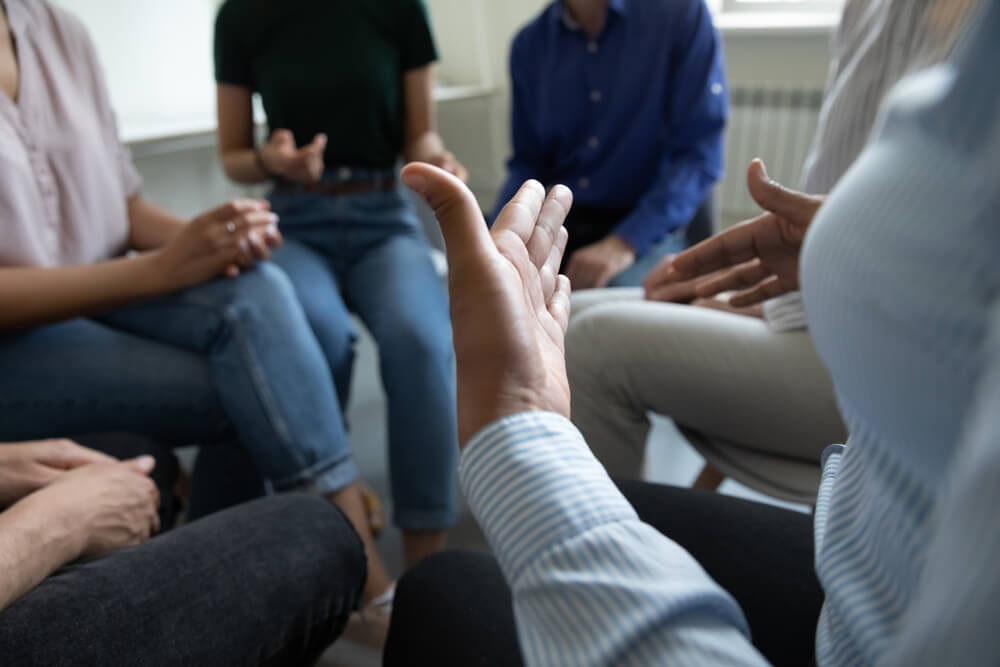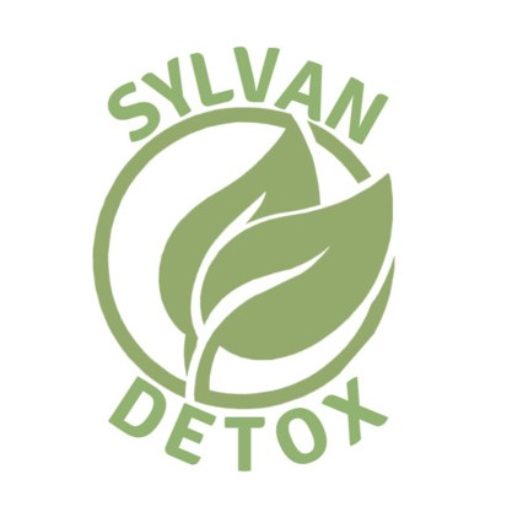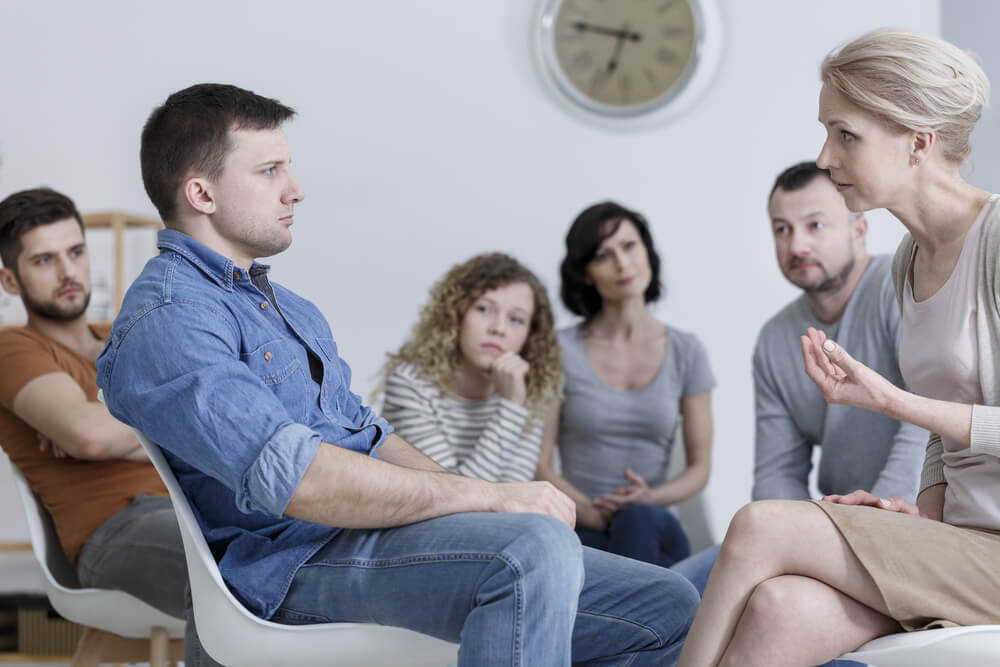When It’s Time to Get Help for Drug Addiction
Thousand Oaks treatment centers have seen a consistent rise in patients over the years. In the United States, around 28 million people have an alcohol use disorder, and over 25 percent of people who misuse illegal drugs or prescription drugs have a drug disorder, with 22% of males and 17% of females over the age of 12 having abused drugs within the past year.
If you have been using drugs for a long time or have been spending a lot of time around other people who use drugs and alcohol, it may be difficult to tell when your substance abuse is becoming a problem in your life. Nobody starts using drugs with the intent of becoming an addict, but over time, substances make changes in the brain that affect the reward centers, and dopamine production and new habits and behaviors are reinforced to the point that physical dependence and psychological addiction form. Compulsive drug use causes addiction, and this is not an issue that can easily be solved by “just quitting”.

Even if it feels like your addiction is not “that bad”, it might be time to seek treatment. You do not need to wait until you hit rock bottom. In fact, it is better to get help as soon as possible. Addiction is treatable, but the faster you proactively seek help, the more likely you will be able to overcome ingrained habits, thoughts, and behaviors, and begin living a safer, healthier, life. If you are not certain whether or not you need to seek Thousand Oaks drug treatment, consider the following signs that you may need professional help:
- Your life seems to be centered around drugs. From the moment you wake up until when you fall asleep at night, you are constantly thinking about using drugs, getting more drugs, and recovering from drug use. No matter where you are or what you are doing, thoughts about the drug are there with you, and you begin to replace hobbies, friendships, and lifestyle with drug use.
- You cannot quit on your own, and all attempts result in relapse, which is frustrating to you and your loved ones. If you have tried to quit and cannot do it on your own, a professional rehab program is an answer. Not only will they help you through the painful and distressing withdrawal symptoms in the first few weeks, but you will gain a variety of new recovery skills and relapse prevention strategies in rehab that will last you a lifetime.
- Your drug use is causing harm to yourself and others. You may be taking serious risks like driving under the influence, using dangerous drugs on your own, breaking the law, or neglecting serious responsibilities like childcare while high or hungover. Maybe your marriage has failed due to your abuse or you have lost your job from showing up high or failing a serious drug test. Drugs can also cause serious health problems including organ failure, jaundice, and other life-threatening health issues. If drugs are destroying your life and your health, yet you continue to use them, you likely need an integrated rehab program that will help you overcome not only the physical dependence, but the psychological, social, emotional, and behavioral issues as well.
It is not easy to admit you have developed a drug addiction, but realizing you have a problem and then asking for help is the most important step you can take to better your quality of life, regain your health, and take control back. Getting help for a substance use disorder can help you find freedom and give you your life back.
If you or a loved one is suffering from any form of addiction or abuse, please call Sylvan Detox at (818) 308-3099.
24 Signs of Drug Addiction
If you have begun to feel like drugs are taking over your life, or that you are losing control, it may be time to seek help in a Thousand Oaks drug treatment center. Drug addiction can happen gradually, or it can happen quickly, depending on the substance you are using, how often you use it, and other factors like genetics and biology. You may not even realize you have an addiction at first, but when the fun times turn to waking up to drug cravings or feeling obsessed with drugs 24 hours a day, it is time to get help.
Some other common signs of drug addiction you should watch out for include:
- Ditching your regular friend group to hang out with other drug users
- Losing interest in anything but drug use, giving up hobbies, interests, and everyday activities
- Hiding your drug use from friends and family, and using drugs in secret
- Developing a tolerance over time, causing you to need to take more of the drug to experience the same high you used to get with less of the drug
- Worrying when you are getting low on your drug supply and wondering where and when you can get more
- Borrowing or stealing money or items from others to pay for more drugs
- Going through people’s medicine cabinets to take their medications
- Having work, relationship, or school problems because of your drug use, but being unable to quit
- Spending all your money on drugs, even when you have bills to pay
- Feeling guilty about your drug use
- Using drugs first thing in the morning
- Getting high at work or at school, even though the risks are high
- Keeping stashes of drugs and paraphernalia around the house, on your person, at work, etc.
- Feeling numb, detached, or unable to control your emotions and mood swings
- Continuing to take prescription drugs or using too many prescription drugs when you don’t need them
- Using prescriptions in ways not prescribed (crushing and snorting pills, for example)
- Using drugs to cope with stress or to “feel good”
- Continuing to use drugs even when you have serious health issues because of it
- Neglecting your health and hygiene
- Seeing more than one doctor or going to multiple pharmacies to get more than one prescription
- Missing class or calling in sick to work because you are high, drunk, or too hungover
- Experiencing withdrawal symptoms if it has been too long since your last hit
- Feeling off or strange, or feeling like you can’t get through the day without using drugs
- Being unable to quit or even cut back on drug use even when you really want to
These 24 signs of drug addiction do not all need to be present, you may only notice a few in yourself. The good news is that addiction is a treatable disease, and with the help of doctors and other addiction professionals, you can regain control over your life and get out of the addiction cycle once and for all. The best treatment programs for substance use disorders include a combination of medical care, prescription medication (when needed), psychiatric care and meds (when needed), and integrated therapies that address issues that include physical health, mental health, emotional health, social issues, psychological and behavioral therapeutic needs, and education, teaching new ways to think and behave and providing practical tools that can last a lifetime. Some treatment centers also incorporate holistic healing that includes yoga, meditation, acupuncture, art therapy, and other wellness treatments that address the spiritual and mental health side of addiction care.
8 Things to Consider When Choosing Drug Treatment in Thousand Oaks
Finding a Thousand Oaks drug treatment program that is right for you does not need to be difficult or stressful. There are many options out there available for you to choose from, and you will want to find a treatment center that matches your needs. Some things you may want to consider when choosing your drug addiction rehab center are:
- What issues do you need help with? A professional assessment before choosing your treatment center may help you determine what you are looking for. A licensed doctor, therapists, and social workers may all be able to help you figure out what types of treatments may be better for you. Some people require serious medical care when they first enter a treatment program, while others may be looking for a flexible outpatient plan for their mild addiction, so they can continue working and living at home with their family. Some people have co-occurring mental health issues that need integrated psychiatric care. Knowing what you are looking for can help you choose the right treatment center that suits your needs.
- Does the treatment center offer what you need? You may wish to check out local Thousand Oaks drug treatment centers’ websites, phone them directly, or book a tour of the facility before making any decisions. For most people, finding a place that offers a medical detox, and a comprehensive rehabilitation program that integrates different types of therapies to heal the body, mind, and spirit together in one uplifting program will be the best choice.
- Does the treatment center offer medications during detox and medication-assisted treatments? Prescription doses of FDA-approved medications can make all the difference in many peoples’ rehab experience, as they can reduce suffering, make tapering off drugs like benzodiazepines and opioids safer and easier, and ease the pain as the drugs leave your system. Some treatment centers use the abstinence system, which may not work for everybody. A medication-assisted program has been proven to be more effective in helping with long-term recovery from certain drugs than going cold turkey, and medical detox with medications can ease suffering and remove painful, anxiety-inducing withdrawal symptoms from the detox process for a more pleasant and restful first couple weeks quitting drugs.
- How long has the center been in business, and are they accredited? Unfortunately, there are people out there looking to take advantage of people who need help, so it is important to dig deeper than a first impression to make sure the rehab center is legitimate. Shady establishments will not have been in business long, they won’t have the proper licensing, and they will likely provide “wellness” care or even guarantee a full recovery, which is certainly not something a real treatment center can promise. If it looks too good to be true, it likely is.
- Do they accept your health insurance? Some or even all of your rehab may be covered by your health insurance if the treatment center is in-network. You will want to check and find out which medications, levels of care, and therapies are covered, as each insurance company has its own rules and guidelines about what will be covered, and whether you will need to pay a deductible or other out-of-pocket costs.
- Are the treatments provided evidence-based? Some luxury wellness centers are more spa than rehab and may pamper you without treating your addiction. It may be fun to go off to a luxurious center but in the long run, if they are not giving you the serious treatments, doctor’s care, therapy, and behavioral health treatments you need, there is no point. Luxury rehab does not always mean quality rehab, and these facilities may not always be effective. Common evidence-based practices used in rehab are:
- Cognitive behavioral therapy (CBT)
- Dialectical behavioral therapy (DBT)
- Motivational interviewing
- Medication-assisted treatment (MAT) programs with FDA-approved medications
- Psychotherapy (one-on-one therapy)
- Group therapy
- Do you want to go to inpatient rehab or outpatient (or both)? Of course, your doctor and other addiction specialists will be able to guide you into a program that is best suited to your needs, but you may wish to consider whether you want to step out of your old habits and get away from life’s everyday stresses to focus on your health full-time in inpatient care, or if you want part-time treatments as you live your life as normally as possible. Both are options, although for some, a month or more in inpatient care before outpatient rehab will be much more effective.
- Where is the treatment center located? Are you looking to travel for rehab to get away from old hangouts and get a new, fresh start, or do you want to find a rehab center in your area so you can stay close to family? Check the location of the treatment centers online, and you can determine if the location will work for your needs.
You may want to watch out for:
- Patient brokers whose job it is to find patients for a specific rehab, whether or not their programs are right for your needs
- Anybody who seems to be giving you a high-pressure “sales pitch”, perks, or guarantees without any health assessments
- Deceptive or misleading ads designed to get your money
- Expensive extras like equine therapy that cost a lot but have nothing to do with drug rehabilitation
What Happens After Drug Treatment?
There are various options to consider after you have completed time in inpatient rehab. Finding a treatment center that offers long-term case management help, recovery resources, and support after your 30 to 90 days of residential care will give you the best possible chance of remaining sober. Some options to help you transition back into your normal life routines include:
- Outpatient rehab options like partial hospitalization programs and intensive outpatient programs
- Family therapy and assistance to help keep your support network strong
- 12-step or SMART recovery groups, or an online support group
- Individual therapy appointments and group therapy, either in-person or online
- Doctor’s appointments with prescription refills and regular checkups
- Developing healthy routines that include exercise, eating well, and getting a good night’s sleep
- Making new drug-free friends can encourage you to stay sober
- Joining churches, volunteer groups, clubs, and sports teams, and taking a class or participating in other healthy social networks that do not involve drinking and drug use
- Having a relapse prevention plan in place for yourself and knowing what to do if you notice signs of relapse in yourself
Get the Best Drug Treatment in Thousand Oaks at Sylvan Detox
Sylvan Detox offers comprehensive Thousand Oaks drug treatment programs that are individualized to suit the needs of each client best. We are an inpatient rehab center in California that is Joint Commission certified, with all care delivered by credentialed and experienced doctors, nurses, therapists, and other addiction specialists.
When you stay in our comfortable residential facility, you will have personalized care through a medical detox and on into your rehab treatment plan that may include treatments like:
- A full medical and psychiatric evaluation
- One-on-one, group, and family therapy
- Behavioral therapy
- Medical treatments and prescription medications as needed
- Interpersonal psychotherapy
- Dual diagnosis programs
- Nutritional health and exercise programs
- 12-step programs
- Denial management and relapse prevention
- Holistic treatments and creative healing programs
We are part of a nationwide network of rehab centers, offering inpatient care, outpatient rehab, online treatment, and more, so even after you complete our full course of integrated evidence-based and holistic care you will not be alone in your sobriety. We are happy to help you find the right outpatient or aftercare options to help you move forward in your life.
To learn more about Sylvan Detox and how we can help you get sober and take control back over your life after drug addiction, please see our website or call us now at (818) 308-3099. We have a 24-hour confidential helpline and are happy to verify insurance coverage, answer your questions, and provide any information you need. We are here to help.

